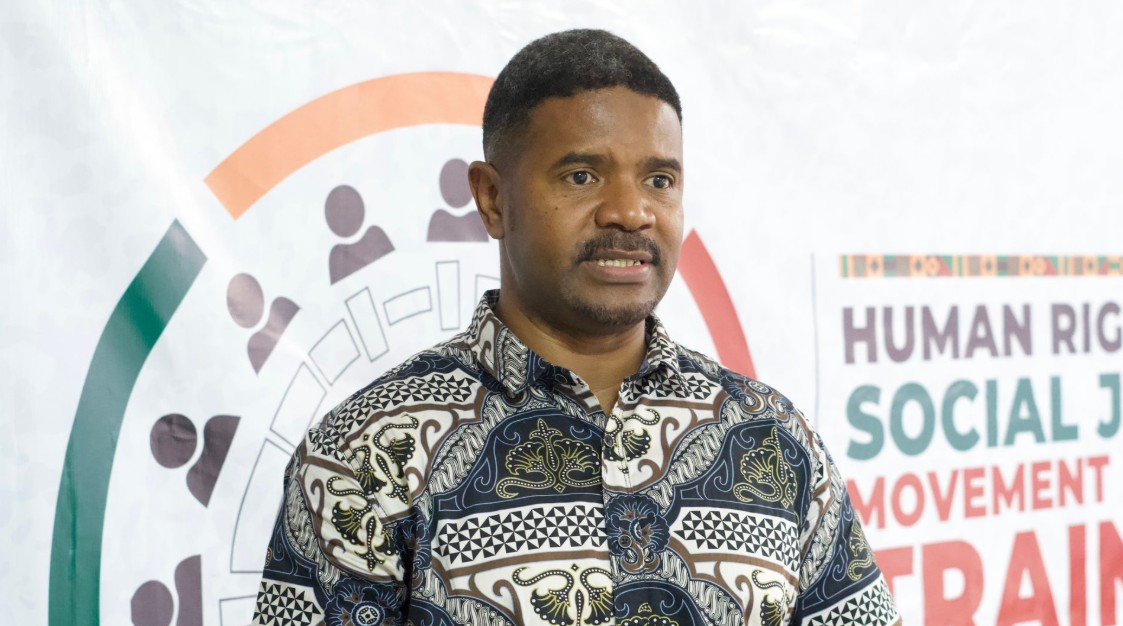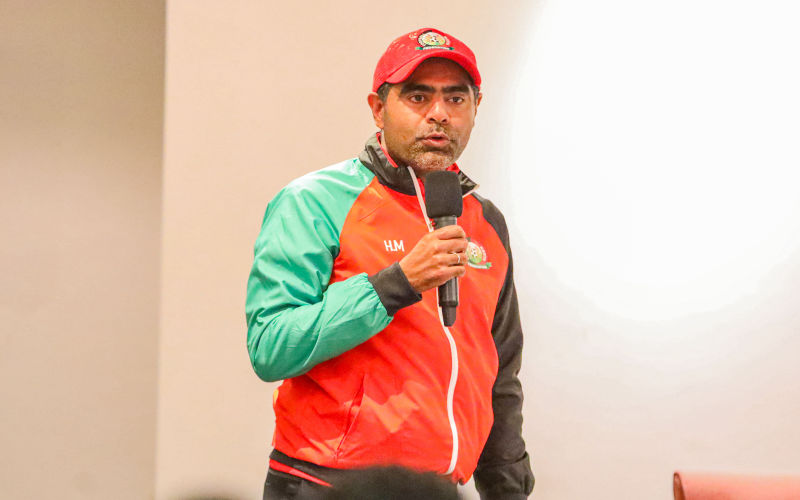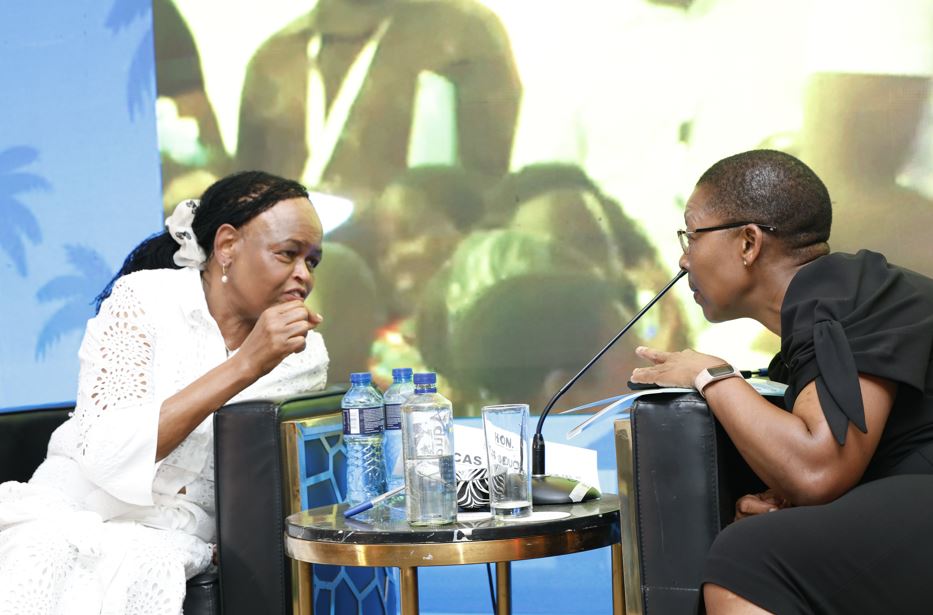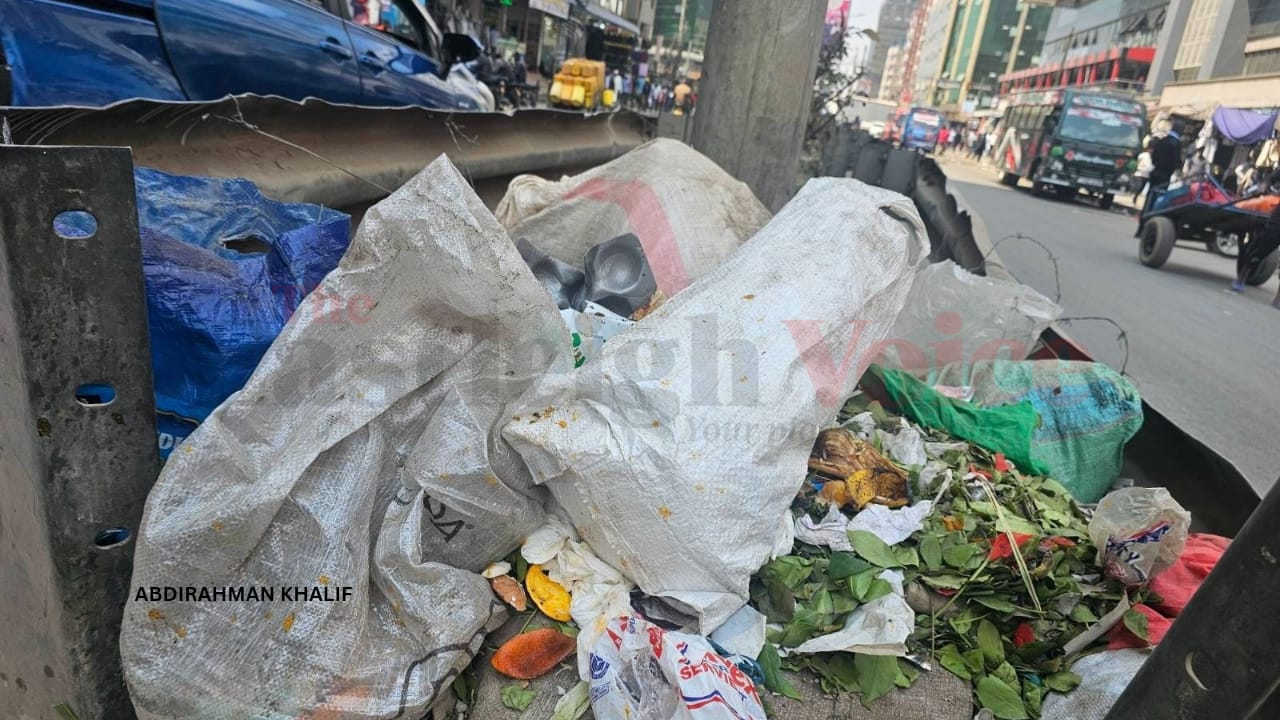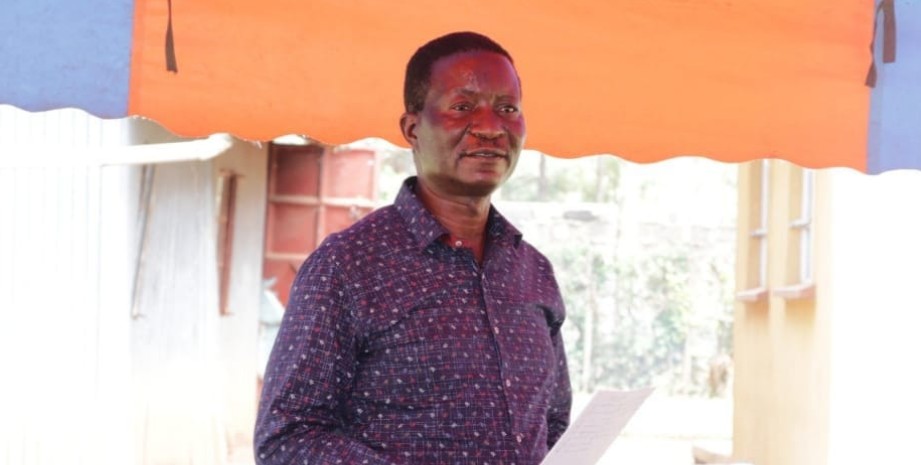Raila urges more devolution, says governors should answer to county assemblies, not Senate

Odinga criticised the top-down governance approach that sidelines local input in key development decisions and urged counties to collaborate instead of competing.
Former Prime Minister Raila Odinga has criticised senators for summoning governors to appear before them in Nairobi, arguing that the oversight of county executives is the mandate of county assemblies, not the Senate.
Speaking on Thursday at the Devolution Conference in Homa Bay, Raila said such summons undermine devolution by stripping county assemblies of their constitutional role.
More To Read
- Raila pushes for expanded devolution, says counties should run schools and local infrastructure
- Raila urges Parliament to grant automatic pensions for two-term governors
- Digital workers slam Senate’s controversial business laws Bill amid concerns over rights violations
- Clash looms as Senate pushes for expanded powers in new Bill
- ODM’s October meeting to decide Edwin Sifuna’s fate and party’s 2027 path
- Legal experts divided over Ruto’s move to compensate protest victims since 2017
“I believe in strong county executives oversighted by equally strong county assemblies. County governments are supposed to be oversighted by county assemblies, not the Senate. It is unnecessary for the Senate to be summoning Governors to appear before Senators in Nairobi,” he said.
Reaffirming his support for devolution, the ODM leader called for “more, not less” transfer of power and resources from the national government to the 47 counties.
“I believe in devolution; I believe in more, not less devolution. I believe in a balance of power between Nairobi and the counties; neither should stand in the way of the other,” he said, adding that both levels of government must work effectively without one dominating the other.
Raila, a key architect of the 2010 Constitution that introduced devolution, stressed that primary oversight responsibility lies with elected representatives at the county level. He urged the national government to stop micromanaging counties, insisting that devolution must move beyond tokenism to truly empower local communities.
“We need to watch the transfer of power and resources from Nairobi. We have to continuously ensure local communities have access to the devolved power and resources and have the power to decide where funding goes and how the services and projects are run,” he said.
He added, “Devolution is a process, not an event. It is about finding a balance between national and local aspirations. Local governments must have the freedom to determine their priorities. Our counties will either be engines of innovation or bottlenecks of frustration: the choice is ours, and we must choose boldly. This, however, is not a call for war between the two levels of government.”
Odinga also criticised the top-down approach to governance, where key development decisions are made in Nairobi without adequate input from affected communities. He encouraged inter-county collaboration rather than rivalry.
“We want to see Wajir, for instance, having more collaboration with Garissa, or Machakos with Kajiado, and complement each other instead of competing for destruction,” he said.
Development disparities
Highlighting regional development disparities, he cited uneven infrastructure distribution: “Kisumu has an international airport and a railway line; Homa Bay does not have a railway line or an international airport. This must be part of the broader conversation on equitable development.”
Odinga’s remarks come amid debates over the roles of different oversight bodies in devolution.
The Constitution tasks county assemblies with approving plans and policies for managing a county’s resources and infrastructure.
While national public officers are accountable to the National Assembly for financial management, county officers are accountable to county assemblies. The Senate’s constitutional oversight role applies specifically to national revenue allocated to counties, alongside its broader mandate to protect the Constitution and promote democratic governance.
His call for fairer resource allocation comes as counties continue to push for higher budget allocations and faster disbursement of funds from the National Treasury.
Top Stories Today
